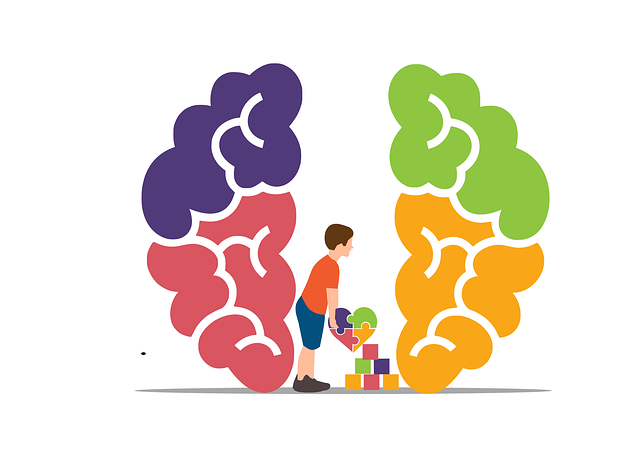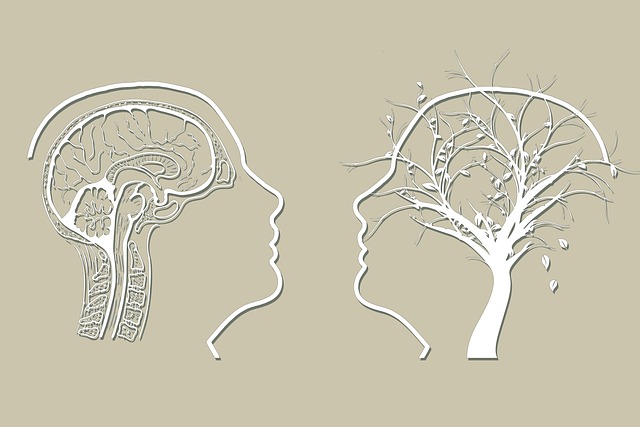Public awareness campaigns play a pivotal role in transforming societal attitudes towards mental health, focusing on stigma reduction and education. These initiatives aim to encourage early intervention and support for individuals with mental illness by promoting open conversations and evidence-based stress management practices like mindfulness meditation. To captivate modern audiences, campaigns employ creative strategies such as storytelling and interactive media, fostering community resilience and emotional well-being. Evaluating campaign success through quantitative and qualitative methods is crucial for understanding impact and refining future initiatives aimed at Superior Stress Management Therapy and improved mental health outcomes.
Public awareness campaigns play a pivotal role in shaping societal perceptions and behaviors, especially regarding health issues like stress. This article delves into the intricacies of crafting and implementing effective campaign strategies. We explore key components essential for success, including audience engagement tactics and educational content. By examining creative approaches, we uncover how to capture attention and promote positive change. Additionally, we discuss evaluation methods to measure the impact of these campaigns, ensuring they deliver superior stress management therapy.
- Understanding Public Awareness Campaigns: Their Role and Impact
- Key Components of Effective Stress Management Campaign Strategies
- Creative Approaches to Engage and Educate Target Audiences
- Measuring Success: Evaluation Methods for Superior Stress Therapy Campaigns
Understanding Public Awareness Campaigns: Their Role and Impact

Public awareness campaigns play a pivotal role in shaping societal perceptions and behaviors related to various issues, including mental health. These initiatives are designed to educate and engage the public, dispel myths, and promote positive change. By employing strategic communication techniques, they have the potential to reach vast audiences, influencing attitudes and actions towards specific topics. In the context of mental wellness, awareness campaigns can significantly contribute to reducing the stigma surrounding mental illness, encouraging early intervention, and fostering a supportive environment for individuals seeking help.
One notable impact is seen in Mental Illness Stigma Reduction Efforts, where well-crafted messages can challenge societal norms and encourage empathy. These campaigns often target misconceptions and fears associated with mental health issues, promoting understanding and acceptance. Additionally, Healthcare Provider Cultural Competency Training is an essential aspect of these initiatives, ensuring professionals are equipped to deliver sensitive care while addressing diverse community needs. The ultimate goal is to foster a culture that prioritizes Superior Stress Management Therapy and overall well-being, creating a more inclusive and supportive society.
Key Components of Effective Stress Management Campaign Strategies

Developing a successful public awareness campaign for stress management requires a strategic approach that caters to various aspects of an individual’s well-being. The key components include education, accessibility, and tailored interventions. Firstly, educate the public about stress as a widespread yet manageable condition. Debunk myths surrounding it and emphasize that seeking support is a sign of strength. Promote awareness through accessible online resources, social media campaigns, and community events to reach diverse audiences.
Encourage individuals to explore evidence-based practices like mindfulness meditation and acknowledge the role of mental wellness in stress reduction. Foster emotional healing processes by advocating for open conversations about mental health challenges and offering practical tools to cope with stressors. A comprehensive strategy that incorporates these elements can effectively empower people to take control of their mental well-being, ultimately leading to a superior stress management therapy approach.
Creative Approaches to Engage and Educate Target Audiences

In today’s fast-paced world, public awareness campaigns play a pivotal role in educating and engaging target audiences on pressing issues like stress management. To stand out from the noise, these campaigns must adopt creative approaches that resonate with diverse demographics. Leveraging innovative techniques, such as storytelling, interactive media, and community events, allows for deeper connection and understanding. For instance, campaigns can use relatable narratives to showcase the impact of superior stress management therapy on individuals’ mental wellness and emotional regulation.
By incorporating these strategies, campaigns can effectively break down complex topics into accessible, engaging content. This not only educates but also inspires action. For example, integrating social media challenges or local workshops can encourage active participation in promoting healthy stress management practices, ultimately fostering a more resilient and well-rounded community.
Measuring Success: Evaluation Methods for Superior Stress Therapy Campaigns

Evaluating the success of public awareness campaigns focused on Superior Stress Management Therapy is paramount to understanding their impact and identifying areas for improvement. A multifaceted evaluation approach, incorporating both quantitative and qualitative methods, ensures comprehensive insights. Surveys, before-and-after comparisons, and focus groups can gauge changes in awareness, knowledge, and attitudes towards stress management practices. By measuring the adoption of recommended strategies, such as mindfulness techniques or physical activity levels, campaign organizers can assess direct behavioral shifts.
Additionally, tracking emotional well-being markers through depression prevention screenings or assessing confidence boosting through self-report measures provides valuable data on potential improvements in mental health outcomes. These evaluation methods not only help in gauging the effectiveness of specific campaigns but also contribute to refining future initiatives aimed at fostering emotional regulation and overall well-being.
Public awareness campaigns play a pivotal role in educating communities about stress management, with the ultimate goal of enhancing overall well-being. By combining creative strategies and evidence-based practices, as outlined in this article, we can develop powerful initiatives that effectively target specific audiences. Measuring success through rigorous evaluation ensures that our efforts lead to tangible improvements in mental health outcomes, ultimately driving towards superior stress management therapy on a community level.











